India has witnessed many stories being silenced and narratives being suppressed. This is mostly a reaction to the complexities of people in receiving the stories. The reasons are many when it comes to why books are banned. Sometimes it is the themes and sometimes the notions attached to a specific plot line or character.
Banning books often puts the freedom of expression in question. The banned books of India are a testament to the clash between tradition and modernity.
Specifically in India and in parts of the country, religious and political clashes pave the path for book bans. Despite the challenges, there are voices advocating for change.
In this blog, we bring five popular books that have been banned in India and faced censorship issues in specific parts of the country.
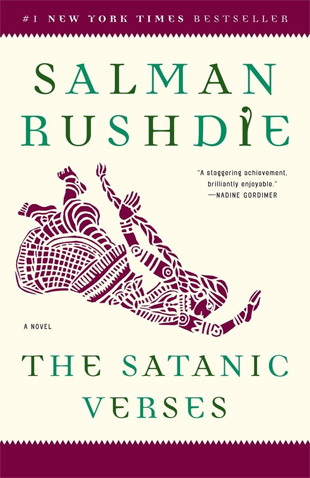
(1988) The Satanic Verses by Salman Rushdie
Just before dawn one winter’s morning, a hijacked jetliner explodes above the English Channel. Through the falling debris, two figures, Gibreel Farishta, the biggest star in India, and Saladin Chamcha, an expatriate returning from his first visit to Bombay in fifteen years, plummet from the sky, washing up on the snow-covered sands of an English beach, and proceed through a series of metamorphoses, dreams, and revelations.
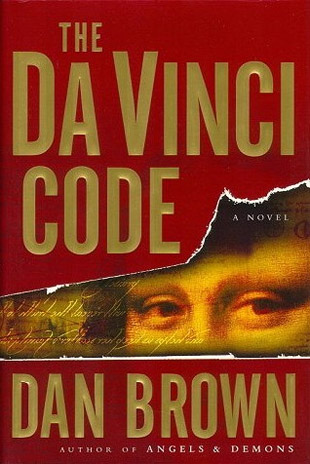
(2006) The Da Vinci Code by Dan Brown
Banned in Nagaland
While in Paris on business, Harvard symbologist Robert Langdon receives an urgent late-night phone call: the elderly curator of the Louvre has been murdered inside the museum. Near the body, police have found a baffling cipher. While working to solve the enigmatic riddle, Langdon is stunned to discover it leads to a trail of clues hidden in the works of Da Vinci — clues visible for all to see — yet ingeniously disguised by the painter.
Langdon joins forces with a gifted French cryptologist, Sophie Neveu, and learns the late curator was involved in the Priory of Sion — an actual secret society whose members included Sir Isaac Newton, Botticelli, Victor Hugo, and Da Vinci, among others.
In a breathless race through Paris, London, and beyond, Langdon and Neveu match wits with a faceless powerbroker who seems to anticipate their every move. Unless Langdon and Neveu can decipher the labyrinthine puzzle in time, the Priory’s ancient secret — and an explosive historical truth — will be lost forever.
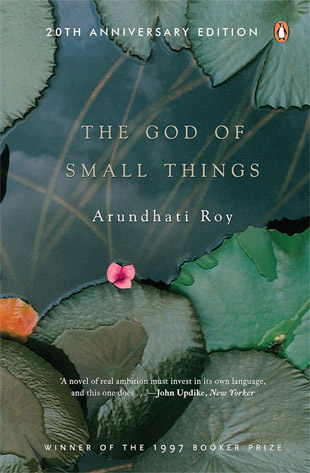
(1997) The God of Small Things by Arundhati Roy
The seven-year-old twins Estha and Rahel see their world shaken irrevocably by the arrival of their beautiful young cousin, Sophie.
It is an event that will lead to an illicit liaison and tragedies, accidental and intentional, exposing “big things [that] lurk unsaid” in a country drifting dangerously toward unrest.
The God of Small Things explores the themes of love, family, society, and class.
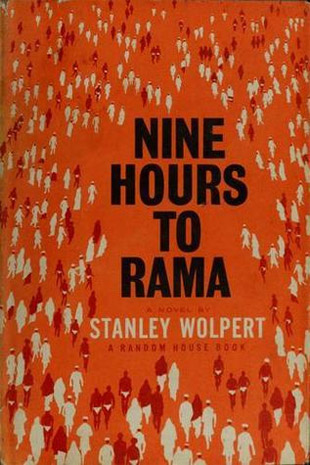
(1962) Nine Hours to Rama by Stanley Wolpert
Nine Hours to Rama is a historical novel by Stanley Wolpert, published in 1962. It portrays the events leading up to the assassination of Mahatma Gandhi by Nathuram Godse on January 30, 1948.
The title refers to the approximate duration of time between Godse’s arrival in Delhi and the actual assassination. The novel delves into the psyche of Godse and explores the political and social turmoil in India during that period.
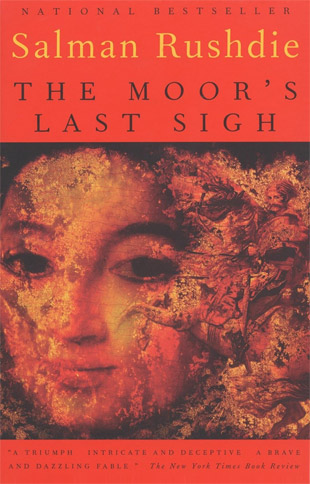
(1995) The Moor’s Last Sigh by Salman Rushdie
Moraes ‘Moor’ Zogoiby is a ‘high-born crossbreed’, the last surviving scion of a dynasty of Cochinise spice merchants and crime lords. He is also a compulsive storyteller and an exile.
As he travels a route that takes him from India to Spain, he leaves behind a labyrinthine tale of mad passions and volcanic family hatreds, of titanic matriarchs and their mesmerised offspring, of premature deaths and curses that strike beyond the grave.
The Moor’s Last Sigh is a spectacularly ambitious, funny, satirical, and compassionate novel. It is a love song to a vanishing world, but also its last hurrah.
By supporting the freedom to read, we make our society an open and intellectual place to live in.
For more book recommendations, book reviews, and bookish blogs, visit The Indian Book Club’s Reader’s Point! Feel free to send your reviews, stories, and poems.
Happy Reading!
About The Indian Book Club
The Indian Book Club is a vibrant community where we believe in turning pages and turning frowns upside down! We’ve got book discussions, read-alongs, book club nights, and poem recitations. Best Part? It’s a virtual book club. We meet once a week on Google Meet and bond over books.
We hope to see you there someday!
This is a guest post.
This blog post is part of the blog challenge ‘Blogaberry Dazzle’ hosted by Cindy D’Silva and Noor Anand Chawla in collaboration with Dr. Preeti Chauhan.

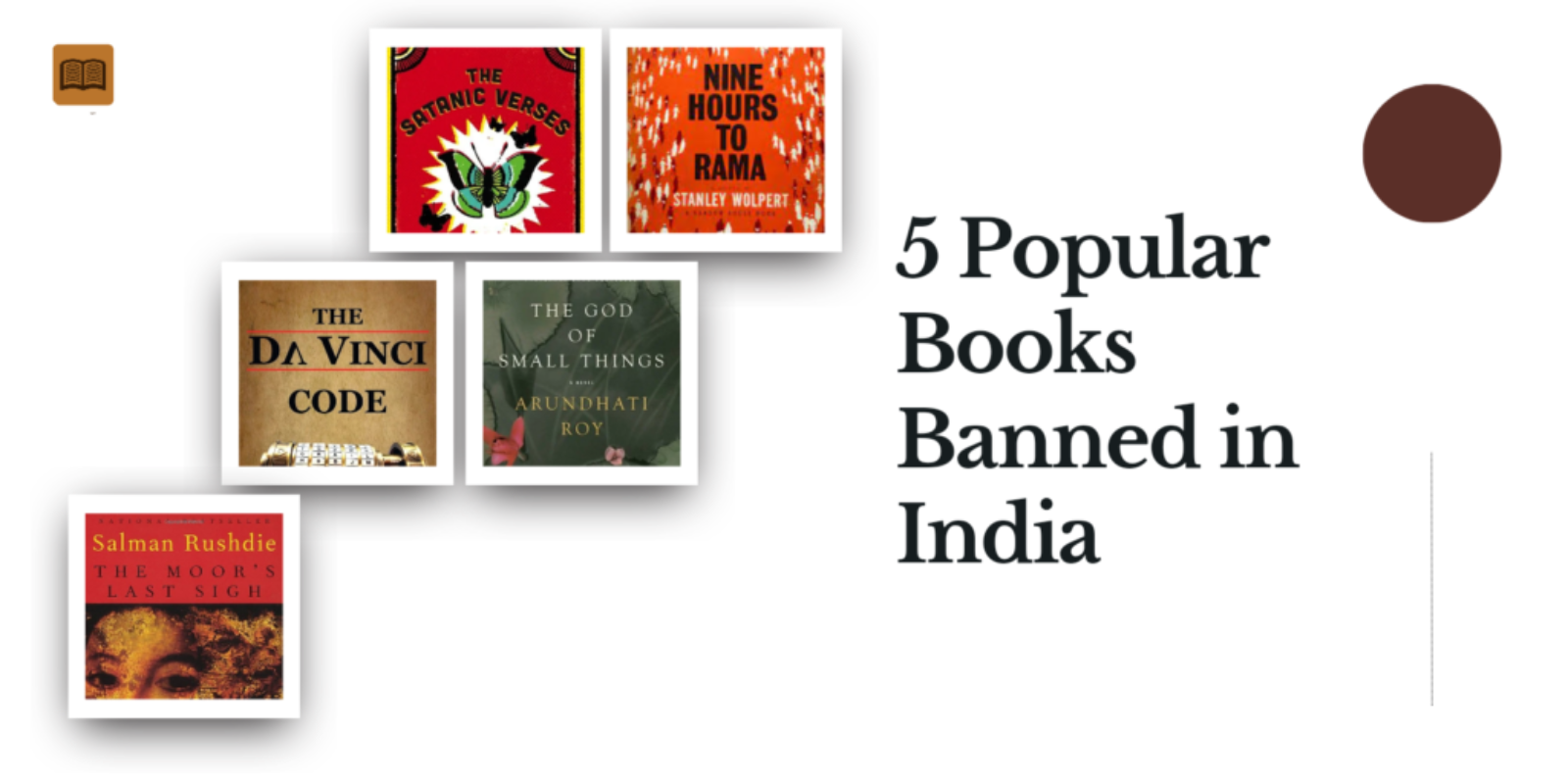
April 26, 2024 @ 5:30 pm
What an amazing collection. Thank you so much. Didn’t know about Da Vinci Code, that’s surprising.
June 28, 2024 @ 10:23 am
I’m surprised that Da Vinci and God of Small things are banned. Not heard of the others but I haven’t read these either. Now I’m curious about these two books specifically.
June 29, 2024 @ 11:04 pm
God of small things is one of the finest books I ever read by Arundhuti Roy and that too when I was in my higher school classes and I loved it. By the way what are parameters that made these books banned in India.
July 4, 2024 @ 6:40 pm
There is an Irving Wallace book called seven seconds which talks about banning of a book within that because it is dirty. Excellent one . The fight in the courtroom is too good
June 30, 2024 @ 12:20 pm
For once I feel good that I have read four of the books that have been banned, Ritu. I have not read Nine hours to Rama. The others were read and discussed in detail in our bookwormz group. Especially the da Vinci Code and God of small things were discussed at length. It is strange how each one of us has a different take on the same book.
July 2, 2024 @ 7:42 am
I have the Da Vinci Code in my cupboard, must read it now! I started reading Rushdie’s Midnight’s Children but DNF. I think it’s time to find Satanic Verses.
July 5, 2024 @ 2:45 pm
I really don’t understand how banning helps or if it does anything at all… it is just insecurity. I was aware of both books of Salman Rushdie… I mean that they are banned but omg! The God of Small Things I had no idea. It is one of my all time fav books Ritu. What is the reason for the ban I wonder. I have to Google now. The Da Vinci Code thank God is only in Nagaland.
July 3, 2024 @ 11:08 pm
I am surprised to see God of small things banned in India. It is one of the finest book I read. I still have it on my bookshelf. I don’t know about the rest of the book. But I am curious to know the reason for banning.
July 4, 2024 @ 9:01 am
I don’t beleive to banning books too. I think people, especially with access to the internet, are smart enough not to be carried away by any one book or thought process. good list although God of Small Things and The Da Vinci Code are available to buy on Amazon.in
July 4, 2024 @ 8:59 pm
Hmmm…didn’t know India have such strict rules that even apply with books. Read and watched Da Vinci Code and among all the ones on your list and could say that it really shares it’s way of thinking.
July 4, 2024 @ 9:07 pm
I didn’t know Da Vinci code is banned. Nine Hours to Rama seems like an interesting read. Perhaps, have to wait.
July 5, 2024 @ 12:04 am
Salman Rushdie has always been so controversial. That’s his USP. My mom had narrated me the gist of Satanic verses, which she had managed to read from somewhere (of course this is long before e books came into the picture).
July 5, 2024 @ 9:09 am
Great list. I haven’t read any as yet and will surely be bookmarking this post for future.
July 5, 2024 @ 3:05 pm
These are some lovely recommendations and some great reads too. I read The Vinci Code and God of Small Things and will surely read all the other books. Thanks for the review and recommendation.
July 5, 2024 @ 3:16 pm
Of course the list had to have more than one Rushdie book 😑
Also, I wasn’t aware that The Da Vinci Code and The God of Small Things are banned titles in India. That’s interesting trivia and I’m glad I read them before the banning happened
July 5, 2024 @ 4:37 pm
What a compelling and thought-provoking post on banned books in India! It’s fascinating and concerning to see the range of reasons why these books faced censorship. Your analysis highlights the importance of freedom of expression and the need for open dialogue
July 5, 2024 @ 5:32 pm
I knew about the Salman Rushdie books being banned but I didn’t know Da Vinci Code was banned too. It was all over the place when it came out.
July 5, 2024 @ 6:17 pm
Haven’t read about the last two and have read only Da Vinci Code in this list. I wonder what one can achieve by banning books in today’s time of piracy. The ones who want can read them anyway.
July 5, 2024 @ 10:33 pm
I have a faint memory of Da Vinci Code. I had attended a Christian Retreat when I was a kid. The preacher destroyed the book and had few thoughts on it. Back then, I never understood why.
July 6, 2024 @ 9:37 am
It’s surprising to know that Da Vinci Code is also banned in India. I may be wrong but think that the book is seen in abundance in the bookstores of India.
Perfect list of banned books. Hope to read them some day.
July 15, 2024 @ 4:10 am
I wonder why these books were banned in India? I know that these had a lot of hype, and many readers found the books themselves to be lacking, but i wonder, why a ban – that’s quite a serious action.